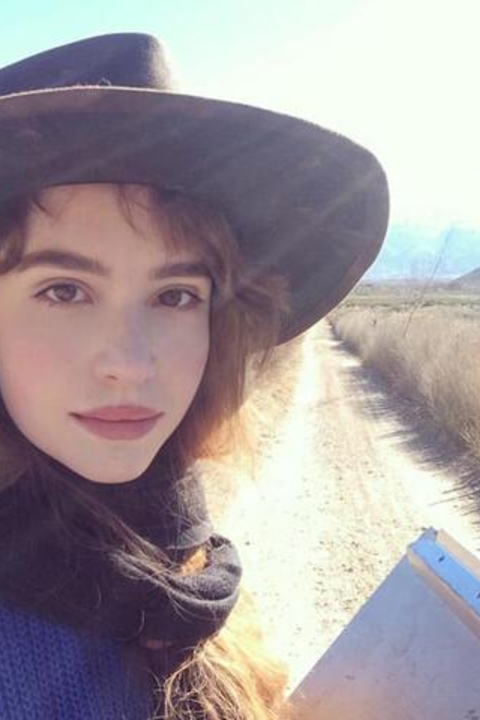Christina Carolus is an anthropological archaeologist and paleoethnobotanist with interests in human-environmental interaction, domestication processes, human-nonhuman (i.e. multispecies) relations, archaeological scientific methods and theory, foodways, identity, and cultural heritage issues. Since 2010, she has carried out field research in North America (USA), Central America (Belize; Mexico; Guatemala), South America (Peru; Argentina), Polynesia (Hawaii), and East Asia (Mongolia).
She is co-director of a multi-year archaeological project situated in the southeastern Gobi Desert, where she conducts excavations and specialized paleoethnobotanical research concerning the relationships between emergent social complexity, dietary/subsistence economic transitions, and paleoecological shifts within Mongolia from the Late Neolithic through the Xiongnu Period. Her dissertation research employs a targeted set of multiscalar analyses (macrobotanical analysis, microbotanical analysis, isotopic analysis, lipid residue analysis, and proteomics) on a range of materials in order to investigate these complex relationships.
She also manages a series of collections-based research projects in association with the Yale Peabody Museum as well as several collaborating international research institutions (University of York, Trent University). These projects range thematically from materials characterization and sourcing to analyses of faunal skeletal remains.
On a broader level, she is interested in the combined power of interdisciplinary collaboration and a four-field anthropological approach as a means to explore alternative histories, forge new perspectives, and provide unique and essential insights into the challenges that face humanity. She is also committed to the continued development and integration of multidisciplinary scientific methods and multi-proxy approaches within archaeological study.
